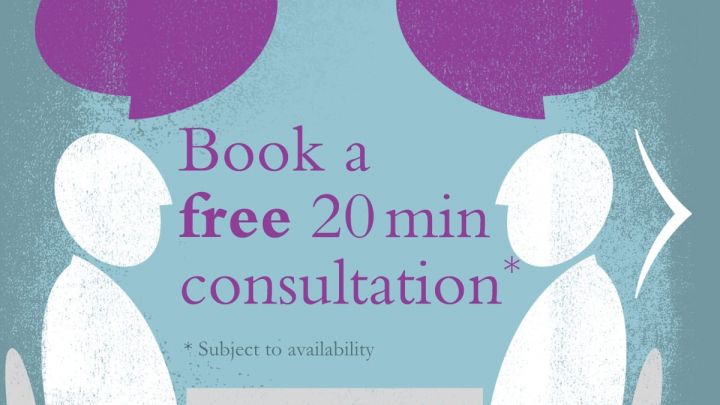
Cohabitation Disputes
September 2025
Cohabiting couples are now the fastest-growing type of family arrangement in England and Wales. Many couples choose to live together without marrying or entering a civil partnership, often without realising that the law offers very limited protection if the relationship breaks down. When disagreements arise, cohabitation disputes can quickly become complicated, stressful, and costly, particularly as the legal framework for unmarried couples is very different from that which applies to divorce.

This summary provides general information and does not constitute legal advice on any individual circumstances.
The Common Law Marriage Myth
Many people believe that if you live with your partner for long enough, you acquire the same rights as a married couple. In England and Wales, this is not true. “Common law marriage” simply does not exist. Cohabiting partners do not gain automatic rights to property, pensions, or maintenance — no matter how long they have lived together.
What Are Cohabitation Disputes?
Cohabitation disputes typically arise when couples separate and cannot agree on issues such as ownership of property, financial contributions, or arrangements for children. Unlike married couples, who can rely on the family courts to divide assets and consider ongoing financial support, cohabitants must turn to property and trust law to resolve disagreements about ownership. This can make disputes more complex and less predictable.
Property Disputes Between Cohabiting Couples
One of the most common areas of dispute is the family home. If the property is in joint names, how it is legally owned—either as joint tenants or tenants in common—will determine how equity is divided. If the property is in only one partner’s name, the other does not automatically have a right to it, regardless of how long they have lived there.
In some cases, the non-owning partner may claim a beneficial interest in the property. This requires showing that they made financial contributions, such as paying towards the mortgage or funding renovations, or that there was an agreement or understanding that they would share ownership. These claims are often complex and require clear evidence.
Financial Disputes and Contributions
Cohabitation disputes can also involve disagreements about how much each partner has contributed during the relationship. This may include payments towards bills, savings, or investments. Unlike in divorce, there is no automatic right to share in the other partner’s income, savings, or pension. Each person usually keeps what is in their own name, unless they can demonstrate that assets were held jointly or that contributions entitle them to a share.
Disputes Involving Children
Where children are involved, disputes can arise over where the children will live and how much time they will spend with each parent. These matters can be resolved through agreements between the parents, but if agreement cannot be reached, an application may be made to the family court for a Child Arrangements Order using Form C100.
Financial disputes relating to children may also arise. Both parents are legally responsible for supporting their children financially. Child maintenance can be agreed directly or arranged through the Child Maintenance Service. In some cases, additional financial provision may be sought through the courts under Schedule 1 of the Children Act 1989.
Resolving Cohabitation Disputes
Many cohabitation disputes can be avoided or resolved more easily if the couple has a cohabitation agreement in place. This is a formal document that sets out how finances, property, and responsibilities will be managed during the relationship and what should happen if the couple separates. Without such an agreement, disputes are left to be determined by strict legal principles, which may not reflect what either partner feels is fair.
Where disputes do arise, mediation can often help couples reach a practical agreement without going to court. If mediation is not successful, the matter may need to be resolved through legal proceedings.
How Can Fullers Help?
At Fullers Family Law, we understand that finding a solicitor that you feel understands your own specific situation can be a daunting task. So, you can book a free call back with us here.
We have also created a series of fixed-price consultation meetings with a full ‘no questions asked’ money-back guarantee' promise.
For an initial discussion and a no-obligation quote, get in touch with us today by simply calling us on 01234 343134, filling in the contact form below, or emailing us at enquiries@fullersfamilylaw.com and a member of our team will get back to you.

